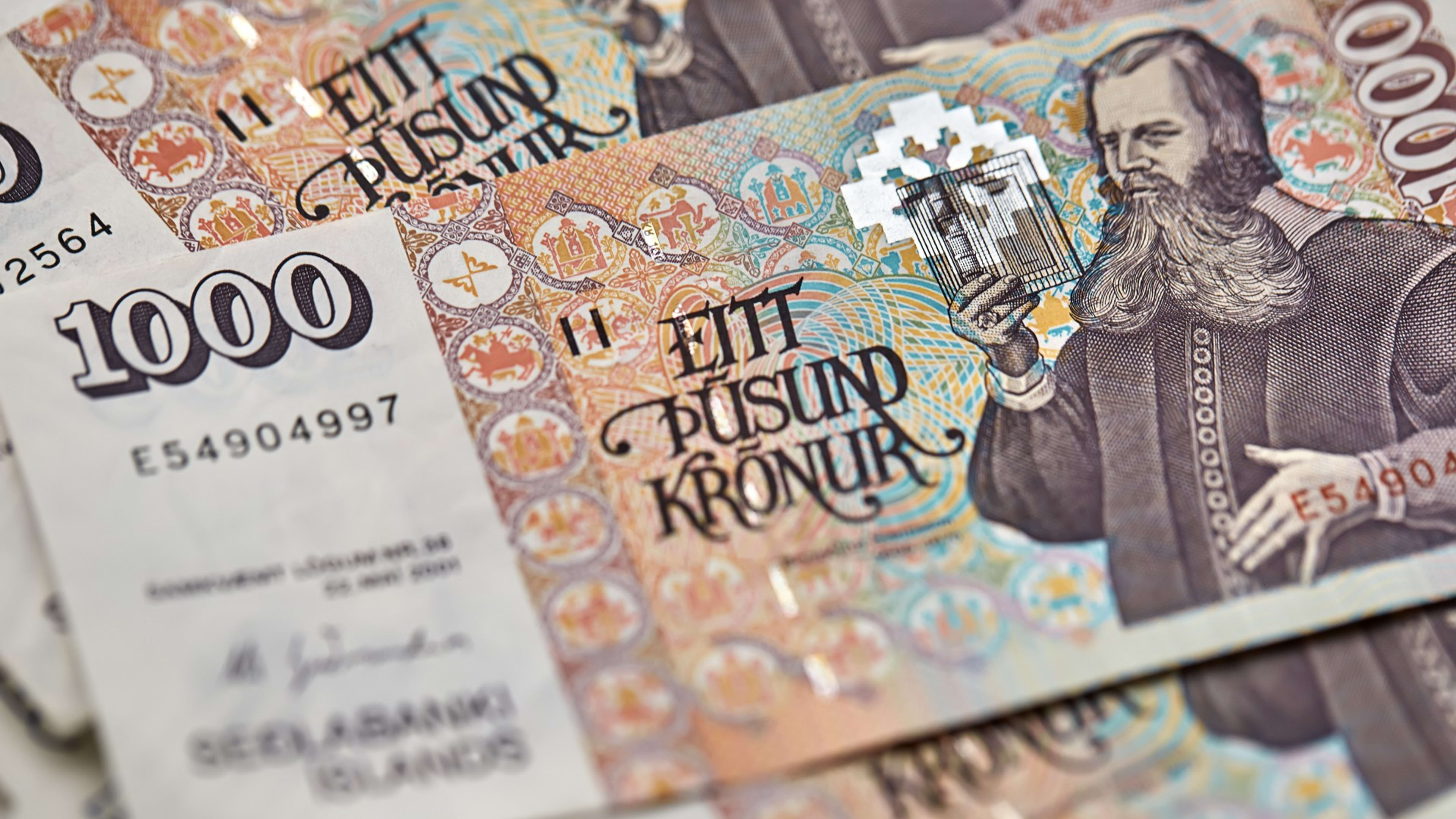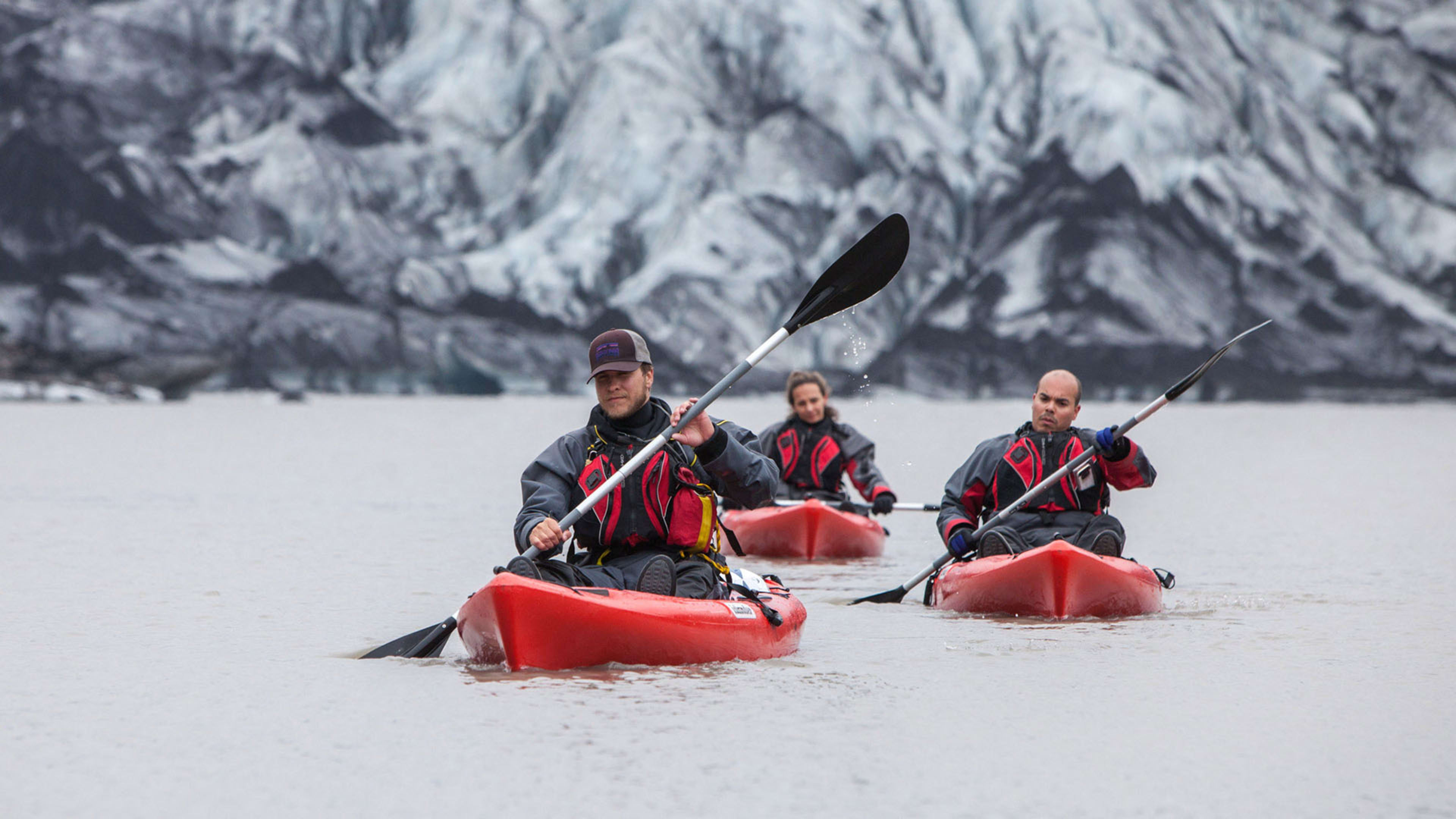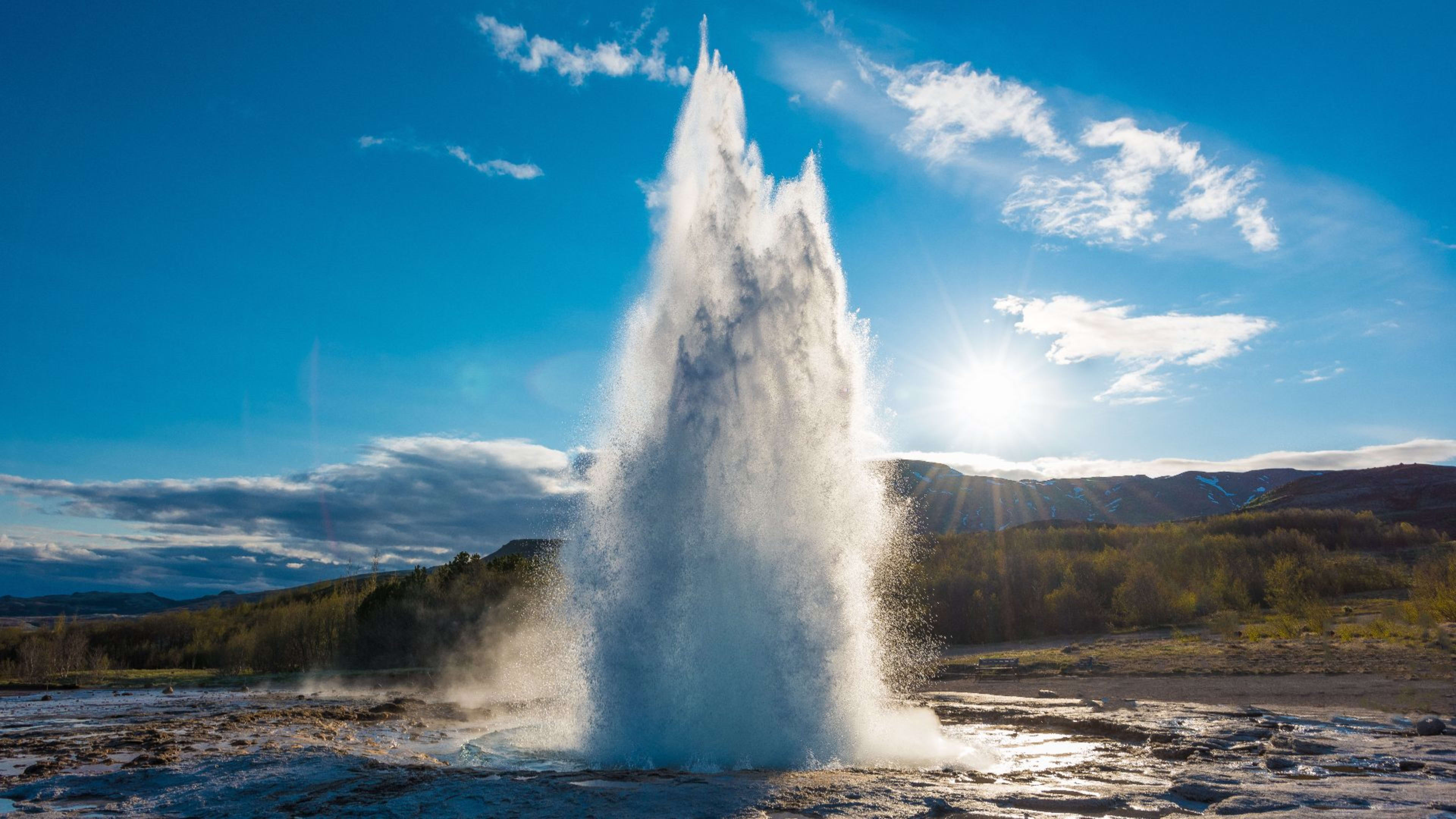Just 5% deposit needed
Secure your booking with a small payment
Great value for money
Get competitive prices on fun-packed trips
Flexible departure dates
Start most trips on whatever date you like
Risk-free booking
Up to 95% refund + 5% travel credit if you cancel.
Trusted by travelers
Around for 40 years, great customer reviews



